A long-delayed free-trade agreement (FTA) between Sri Lanka and China appears to be back on the agenda, even as analysts warn that the crisis-hit South Asian nation is not expected to benefit much from it for years after its implementation.
Sri Lanka’s officials are cautiously optimistic the FTA could help narrow the country’s huge trade deficit with China.
First proposed in 2014, talks between both sides for an FTA have been on hold for the past six years because Sri Lanka did not agree to some of the terms.
Last week, Chinese Commerce Minister Wang Wentao called for a comprehensive FTA between the two countries “in one package”. Speaking at the Sri Lanka–China Trade and Investment Forum in Colombo, Wang said negotiations for the agreement should be based on “mutual benefit”.
His comments came after Sri Lankan President Anura Kumara Dissanayake in January visited Beijing where he met President Xi Jinping and other Chinese leaders to discuss deepening bilateral ties in various fields. During the trip, China pledged to support Sri Lanka’s economic development and enhance cooperation in the Belt and Road Initiative.
Among the belt and road projects that China has developed in Sri Lanka in recent years are the Mattala Rajapaksa International Airport, the Hambantota International Port and the Port City Colombo.
Wang said Dissanayake’s visit to China had forged “an important consensus” on strengthening trade and economic ties between the two countries, adding that his ministry was committed to work with Sri Lanka to implement the FTA.
Sri Lanka has signed four FTAs with India, Pakistan, Singapore and Thailand to date.
China was Sri Lanka’s top source of imports last year, according to data from Colombo’s Export Development Board. Imports from China totalled US$4.33 billion while Sri Lanka’s shipments to the world’s second-largest economy were a mere US$251.91 million in 2024. Bulk tea was the country’s biggest export item to China, totalling US$45.36 million.
While the FTA may open new trade opportunities, its benefits for Sri Lanka would not be immediate, W. A. Wijewardena, former deputy governor of the country’s central bank, told This Week in Asia. Nonetheless, given the huge size of the Chinese market, Sri Lanka could potentially increase its exports to China under the FTA, Wijewardena said.
However, he said even if bilateral trade were to rise following the FTA’s implementation, in the short run, the trade balance would remain lopsided with Sri Lanka possibly posting a wider deficit as more Chinese products would be exported to the South Asian country under the agreement.
But in the longer term, he said Sri Lanka could look at shipping more goods to China that are popular there, such as black tea.
Cautioning against being too optimistic about Sri Lanka becoming a major investment hub for Chinese businesses as a result of the FTA, Wijewardena said: “We are too late. They have already established in Africa, Vietnam and Cambodia, but we can insist that [more] Chinese investments come to Sri Lanka.”
Umesh Moramudali, an economist and lecturer at the University of Colombo, also warned that there were still hurdles ahead of an FTA deal, saying talks should align with Sri Lanka’s export and trade policies, without being “merely a part of economic diplomacy”.
He cited China’s proposal to liberalise 90 per cent of tariff lines under the FTA – a figure which he considered unrealistic.
Calling for a gradual adjustment in Sri Lanka’s tariff policy in respect of the FTA, he said: “This was one of the reasons why FTA did not proceed [earlier]. It can reach 90 per cent at some point.”
Bhagya Senaratne, director of education at the Bandaranaike Centre for International Studies, cautioned about the risks arising from the FTA, saying a flood of cheap exports from China might disrupt Sri Lanka’s businesses and labour market.
Nonetheless, Sri Lankan exporters could benefit by catering to the high-end segment of Chinese consumers under the FTA. For instance, they could sell more high-quality jewellery, precious stones and apparel to the Chinese market, Senaratne said.
Amali Wedagedara, a senior researcher at the Bandaranaike Centre, urged the country to take major steps to improve its competitiveness in preparation for the FTA, pointing out that its 2022 economic crisis had exposed structural weaknesses, ranging from its import dependency to its limited capacity for value-added exports.
“My concern is we are laying out these institutional, and very legal frameworks in the form of FTA, but then I think there is a massive question of what we are [actually] exporting,” she said.
(Dimuthu Attanayake – South China Morning Post)
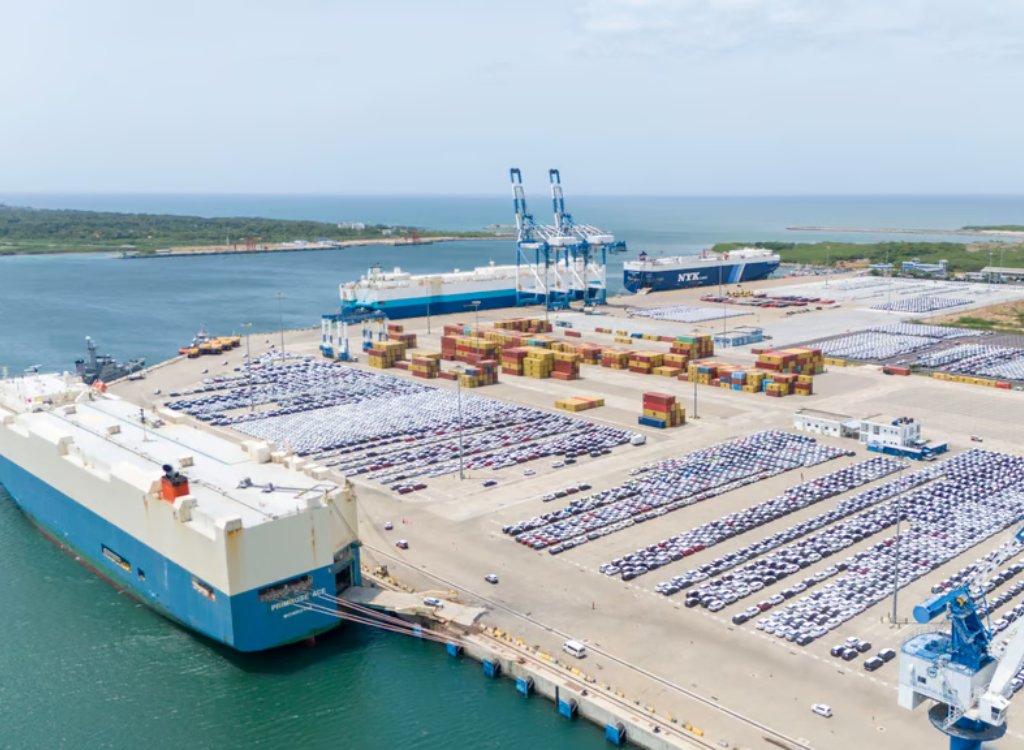
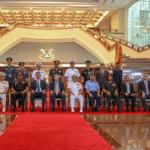

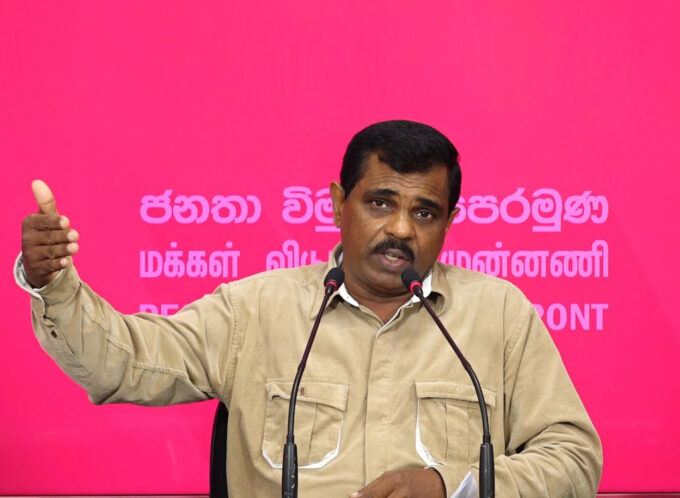
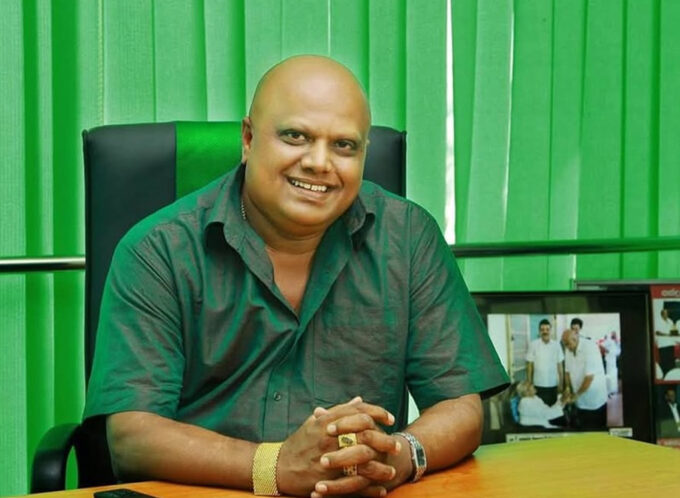
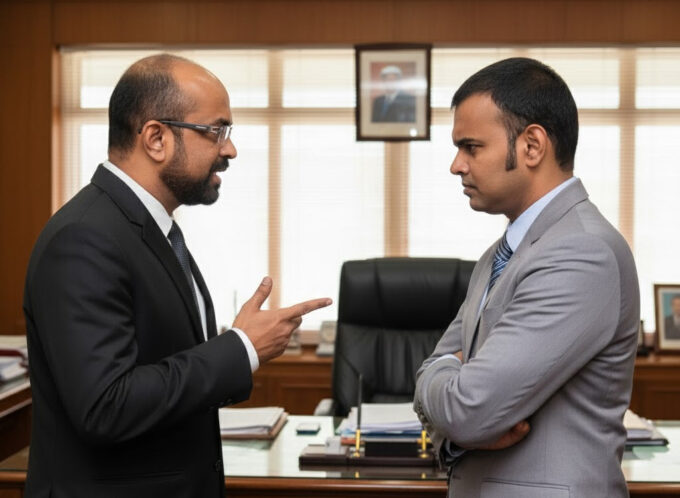





Leave a comment